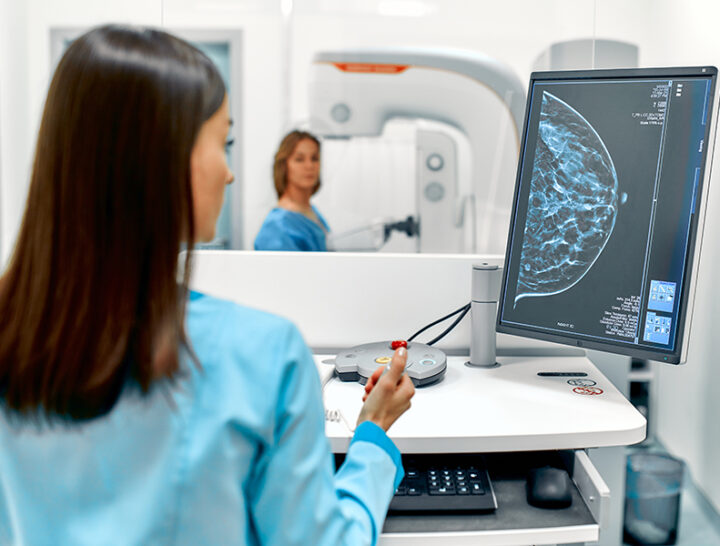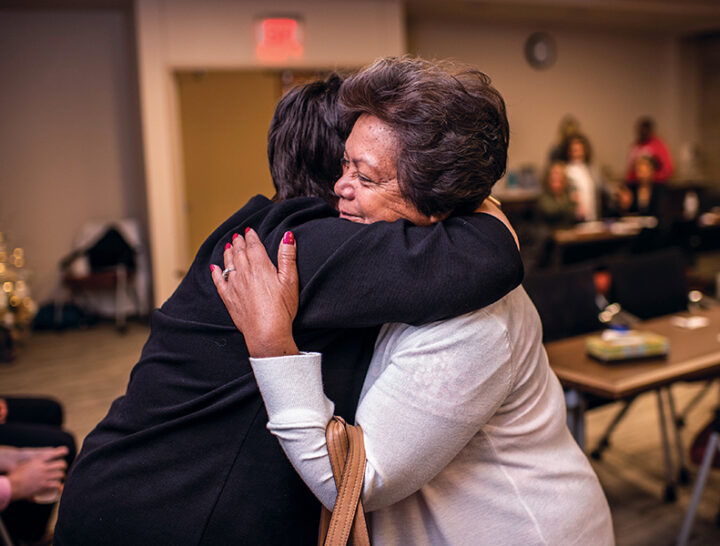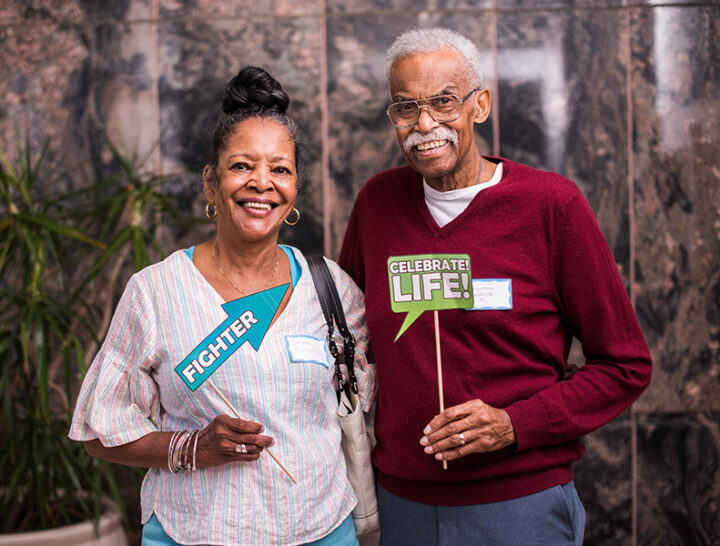Education
Staying Informed — Together
If you or a loved one has been diagnosed with cancer, it’s so important to educate yourself to prepare for the journey ahead. To help, we’ve assembled some information about screenings and prevention tips, as well as details about what may follow diagnosis.


Screenings and Prevention
Early detection really does save lives, and we encourage you to talk to your doctor about your risks and cancer screening schedule. While there is no way to completely avoid some cancers, read on for ways to reduce your risk.

What Happens After Diagnosis
When you or a loved one gets a cancer diagnosis, many thoughts, questions and feelings will be going through your mind. Our team is here to support you on every step of your journey.

Treatment Options
At Sentara, our first priority is helping to raise awareness of risk factors and the importance of screenings in catching problems as early as possible. If you do find out that you are facing cancer, the Sentara Cancer Network and our new Sentara Brock Cancer Center become a partner in your fight.

Patient Education
All types of cancer have one thing in common: they are life changing. Every person is different, and so is every cancer diagnosis. Our experts keep you and your needs in mind as we create your treatment plan.
